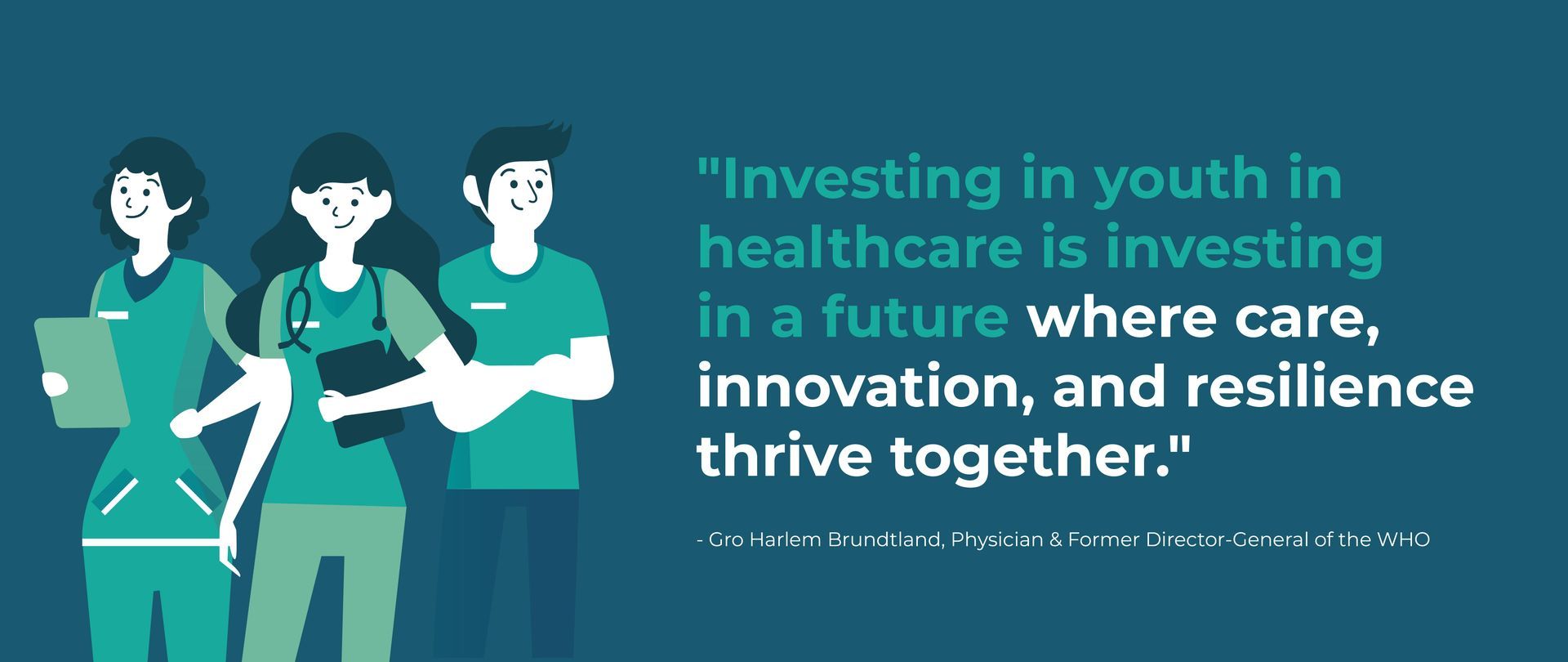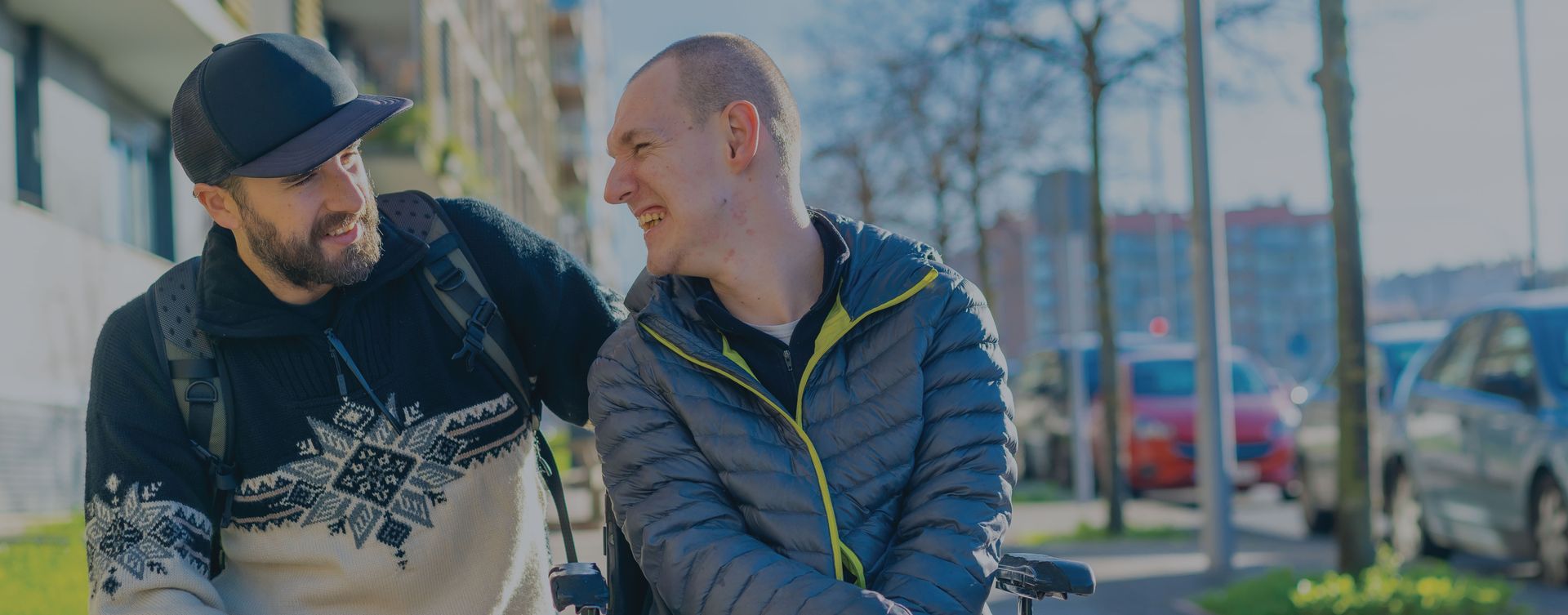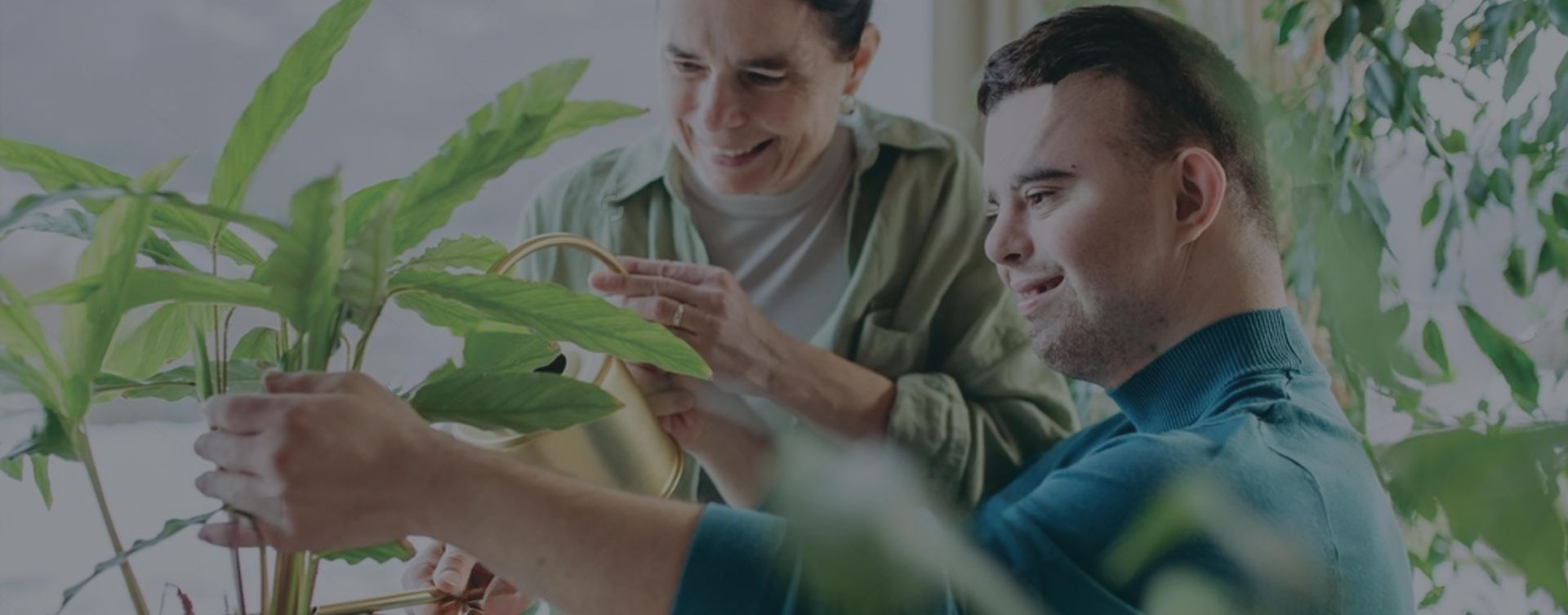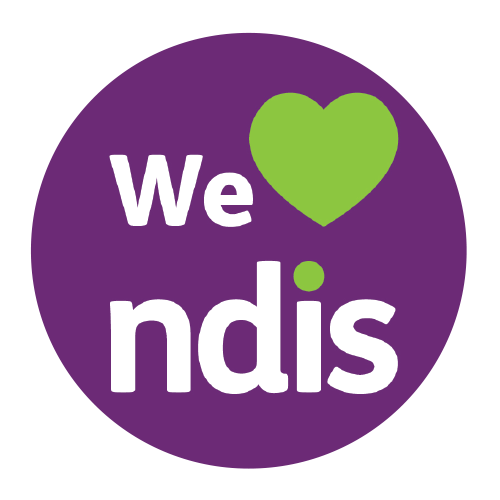The Youth Is Needed
International Youth Day – Celebrating the Future of Healthcare
Each year on International Youth Day, we honour the creativity, resilience, and potential of young people around the globe. At Health Staff Australia, we believe it’s also a powerful opportunity to highlight how youth play an essential role in shaping the future of healthcare in our country — from aged care to frontline nursing and allied health services.
Young healthcare professionals are not just the future — they’re already making a difference today. Whether it’s through their work as Registered Nurses (RNs), Assistant in Nursing (AINs), Support Workers, Doctors, Occupational Therapists (OTs), or in countless other roles, young people are stepping up with compassion, innovation, and a drive to care.
Youth in Aged Care and Nursing:
The Impact is Real
Australia’s healthcare landscape is changing rapidly, particularly as our population ages. This makes sectors like aged care and disability support more vital than ever. Youth who choose careers in these fields bring fresh energy, empathy, and a willingness to learn — helping to enhance the quality of care for some of our most vulnerable citizens.
The nursing profession is the largest single health profession in Australia, and as the Australian Parliament notes, “workforce planning is critical to ensure alignment of nursing supply with demand required by the health system, to create a sustainable nursing workforce for Australia” (source).
That means we need more young people to consider healthcare as a career path — and not just any role, but those in high-demand sectors like residential aged care, community health, mental health support, and disability services.
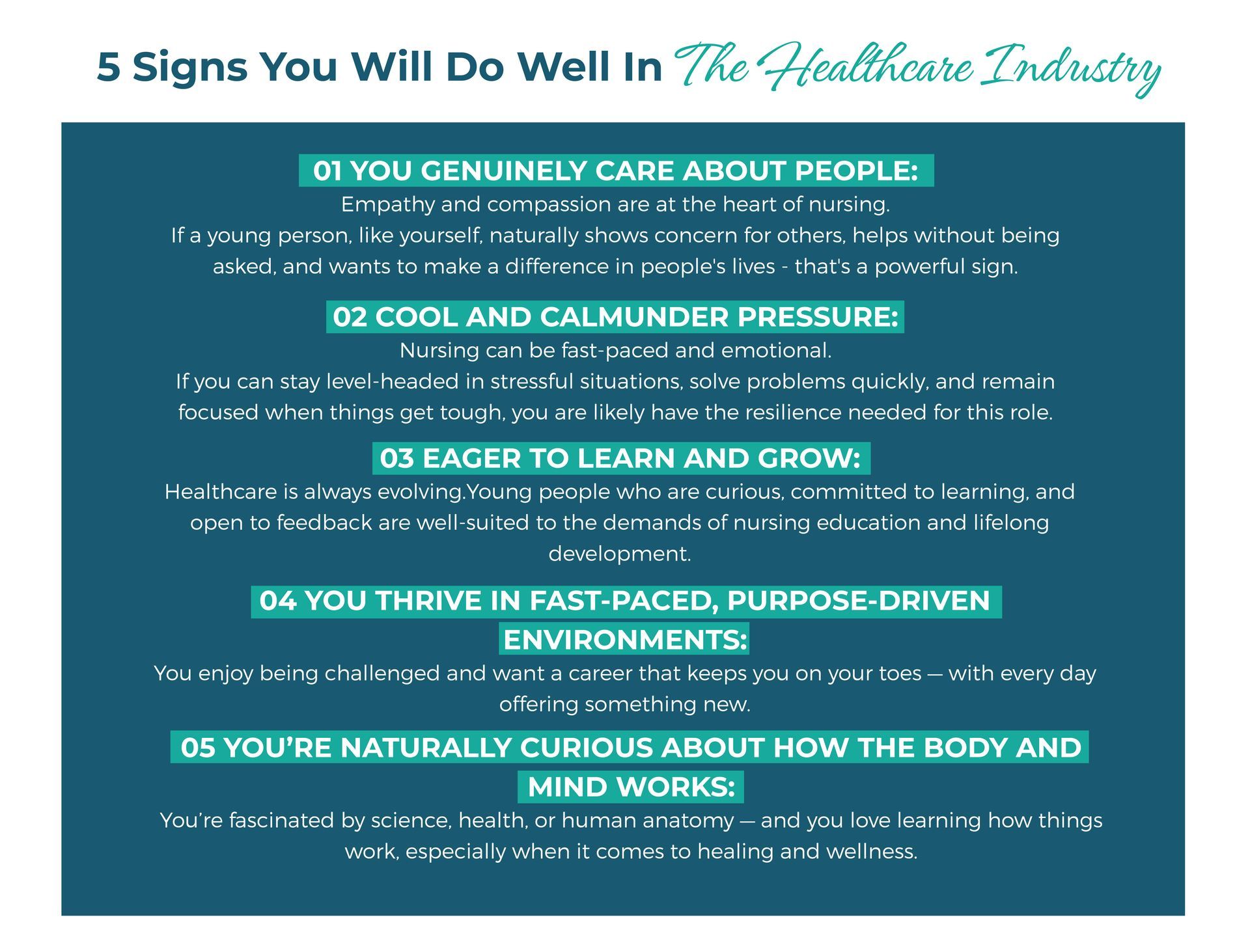
Thinking of Becoming a Healthcare Hero?
If you're passionate about helping others, now is the perfect time to consider a role in healthcare. These are just a few career paths where youth are making a lasting impact:
- Registered Nurses (RNs): Providing clinical care and leadership across hospital, aged care, and community settings.
- Assistant in Nursing (AINs): Supporting RNs and delivering hands-on care to patients and residents.
- Support Workers: Assisting individuals in aged care or disability services to live independently and with dignity.
- Doctors & GPs: Providing essential diagnosis and treatment in both metro and rural areas.
- Occupational Therapists (OTs): Helping people regain independence and improve quality of life through rehabilitation and practical support.
Why Youth Matter
Young healthcare workers are vital to the sustainability of our health system. They bring new ideas, digital fluency, and a patient-centred mindset. Many are already embracing telehealth, mental health advocacy, and inclusive care models, driving positive change across the industry.
So this International Youth Day, let’s celebrate the incredible contributions young people are already making — and encourage even more to consider joining the ranks of Australia’s healthcare heroes.
At Health Staff Australia, we’re proud to support and place the next generation of professionals. Whether you’re just starting out or ready to take the next step in your career, we’re here to help you thrive.
"Your future in healthcare starts now."
